MercoPress. South Atlantic News Agency
Tag: Indec index
-
Saturday, March 21st 2015 - 06:56 UTC
Argentina's current account deficit widened to 5.07bn in 2014

Argentina’s current account deficit widened 7.9% to 5.07 billion dollars in 2014 as Latin America’s third-biggest economy eked out meager 0.5% growth, official data showed. Exports fell 11.9% from 2013 to 71.94bn, hurt by low international prices for Argentine soy, wheat and corn as well as weakened demand in key trading partner Brazil, where economic growth is also stagnant.
-
Monday, March 2nd 2015 - 06:17 UTC
Argentina's economic activity up 0.6% in December; industrial production down in January
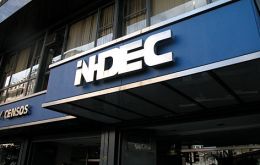
Argentina's economic activity index, EMAE, increased 0.6% in December 2014, compared to the same month of 2013, according to the country's Indec stats office latest release. This marks the third consecutive monthly growth, after previous negative results.
-
Wednesday, January 28th 2015 - 07:33 UTC
Argentina's current import restrictions forecasted to continue during 2015
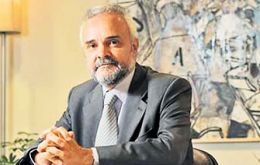
A decrease in Argentina's trade surplus this year would make it difficult for the federal government to end the current restrictions on imports, which force companies to file an affidavit in order to obtain authorization, the Argentine Importers Chamber (CIRA) said this week, only days after the country’s 2014 trade data was revealed to be the worst since 2001.
-
Saturday, December 6th 2014 - 04:44 UTC
Argentina stats: IMF sees advances, but the issue is a heated debate in Congress
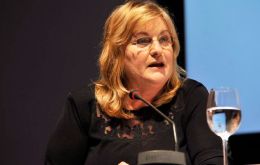
The International Monetary Fund has expressed conformity with the achievements made by the Argentine government regarding the updating of the country's statistics, and hoped to finish its evaluation in February, Director Christine Lagarde announced during a press conference in Santiago de Chile.
-
Friday, November 28th 2014 - 05:58 UTC
Argentine industrial activity contracts 6.1% in October compared to a year ago

A private report revealed that industrial activity in Argentina dropped 6.1% in October compared to the same period last year, as the manufacturing sector continues to contract pushed by big drops in the auto industry.
-
Saturday, November 15th 2014 - 07:59 UTC
Argentine inflation: make your pick, in October anywhere from 1.2% to 2.3%

A reliable universally accepted rate of inflation in Argentina seems hard to come by although there are a battery of estimates, each of them arguing they are supported by statistically proven methods and thus the certainty of the indexes released.
-
Friday, October 24th 2014 - 06:38 UTC
Argentine economic activity slumps 1.2% in August reveal official stats
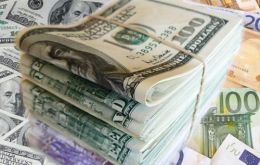
Argentina's economic activity index slumped 1.2% in August compared with the same month a year earlier, official data showed on Thursday, underscoring a slowdown in Latin America's third-largest economy.
-
Thursday, October 16th 2014 - 07:40 UTC
September inflation in Argentina: anywhere between 1.4% and 2.48%
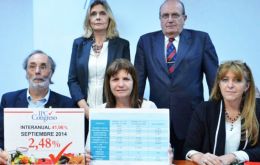
Argentina's inflation during September reached 1.4% and accumulates 19.8% in the nine months according to the latest release from the government stats office Indec. However earlier in the week the Freedom of Expression committee from the Lower House which regularly announces the average of private analysts, (identified as the congressional index), said the consumer price index for the ninth month of the year was 2.48% and 41.6% in the last twelve months.
-
Friday, October 10th 2014 - 05:25 UTC
Buenos Aires City inflation in September up 2.2% and 40.3% in twelve months

The Buenos Aires City consumer price index climbed 2.2% during September accumulating 40.3% in the last twelve months according to the latest release from the City's stats office. So far this year (nine months) inflation has reached 31.1%
-
Friday, October 3rd 2014 - 06:20 UTC
The Argentine economy: “Thumbs down” writes The Economist
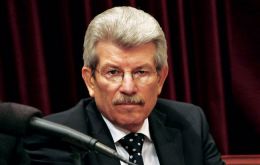
Those baffled by the Argentine economy could do worse than listen to Puff Daddy. Ask what ails the country and the answer will echo the rapper’s ode to the 100-dollar bill, “It’s all about the Benjamins”.
